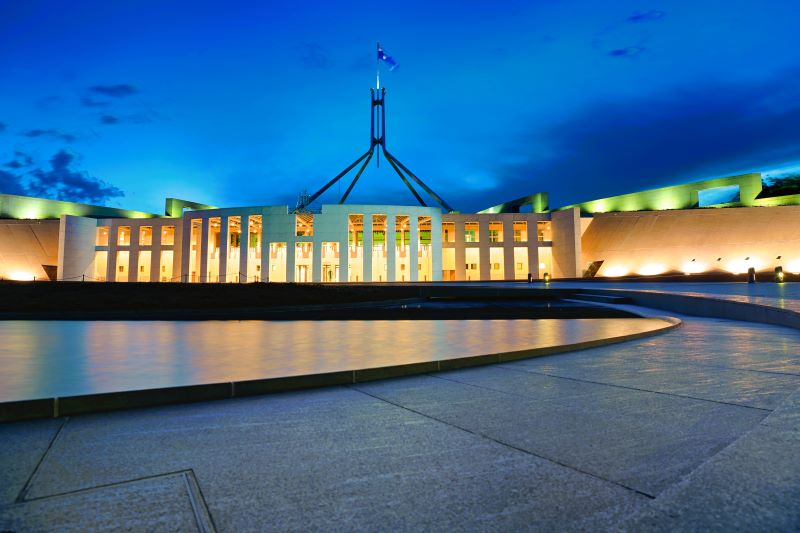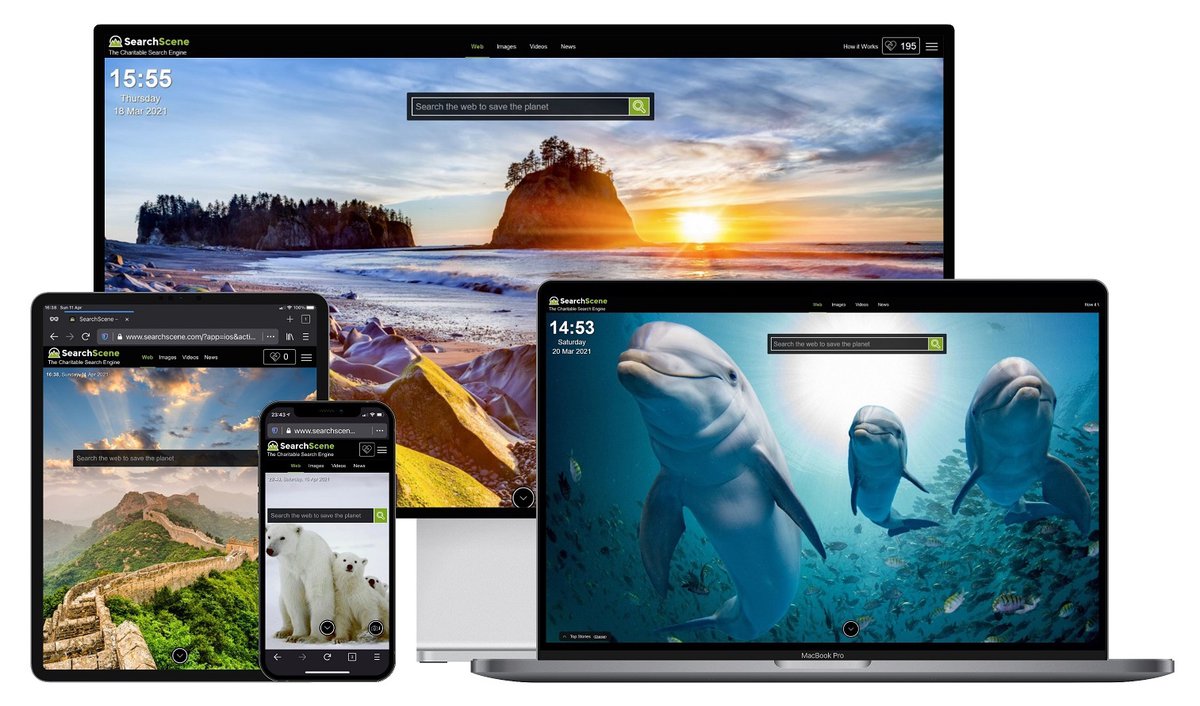What Happens if Google Leaves Australia?
- Categories:
- Tech

However, there is now a chance that Google will withdraw its search engine services from Australia, paving the way for other search engines to become a primary option for users in the country. In this article, we explore what could happen if Google leaves Australia.
Is Google really leaving Australia?
It may seem like a dramatic idea, but Google has threatened to remove its search function from Australia. Why? It’s all to do with proposed legislation that the government wants to introduce as a move to regulate big tech giants.
The proposal argues that big tech companies like Google and Facebook benefit from using news content from media outlets on their platforms, as it helps them gain customers from people who want to read the news. They believe, therefore, that the big tech companies should pay them a fair price for their journalism.
This comes as Australia’s news industry has suffered over the past decade or so due to changes in how people access their content. Fewer people are paying for print journalism, and far more people are going online to access the news for free. This has led to a long-term decline in advertising revenue, while Google and Facebook are making increasingly large sums of money from digital advertising.
However, Google Australia managing director Mel Silva described the proposal as ‘unworkable’ in a senate hearing and Google has consequently threatened to remove its search function from the country if the code becomes law.
At present, the Australian prime minister Scott Morrison has refused to back down to these threats, stating: “Let me be clear: Australia makes our rules for things you can do in Australia. That’s done in our parliament”.
Would this affect any other search engines?
At the moment, it is only Google that has made any reference to withdrawing its search function. There are many alternative search engines, and most of these rely on Microsoft’s Bing to power the search results, meaning they would continue to function as normal in Australia.
As the dispute has been ongoing, Microsoft has stated that it would be happy to comply with Australia’s media code, placing it as a viable alternative if Alphabet does decide to withdraw Google Search. However, there are many other search engines that are powered by Bing and also have wider benefits to society, such as charitable search engines.
How might the search engine market change in Australia (and worldwide)?
There is still a chance that the threat from Google is not as serious as many believe, and some people expect them to come to some sort of compromise with the Australian government.
It is clear that Google is a little scared as CEO Sundar Pichai has since had a “constructive” conversation with Scott Morrison. They are also trying to preempt laws like this by rolling out their Google News Showcase feature in several countries including the UK – this is a news feature that “will help participating publishers monetize their content through an enhanced storytelling experience that lets people go deeper into more complex stories”, according to Google.
However, if they really do commit to withdrawing from Australia, or if a similar situation happens in another country in the future, this would cause a real shake-up of the search engine world.
There is an opportunity here to move away from a marketplace where one provider has a monopoly towards something which is fairer and allows a wider choice.
Many expect that, if Google did withdraw from Australia, Bing would simply replace Google as the dominant search engine, since they are the second most popular provider. However, there is an opportunity here to move away from a marketplace where one provider has a monopoly towards something which is fairer and allows a wider choice. Australians might want to carefully consider who they switch to if the automatic option of Google is taken away.
Luckily, there are many alternatives options out there beyond Bing, including those charitable search engines which are powered by its search results but exist in their own right. The most famous example is Ecosia, but more recent search engines have also been disrupting the market with more sophisticated features and a wider range of choice in terms of giving to charity, such as our charitable search engine SearchScene.
Indeed, if the Australian government is successful in taking a stand against Google and refuses to give in to their threats, this could ultimately set a global precedent and loosen the company’s hold on the search market across the world.
Many people are already growing tired of big tech, particularly where accusations of breaching data privacy and tax avoidance are concerned. This battle of Australia vs Google could potentially be the spark that sets off a more global rebellion against big tech giants such as Google and Facebook. This all remains to be seen, of course, but it is interesting to imagine what could happen!
In the meantime, if you already like the sound of switching to a Google alternative, make sure to check out SearchScene. Our search results are powered by Bing, but we have added our own features too, such as a sophisticated knowledge panel for informational queries and instant answers for queries such as the weather, translations, calculations and quick questions.
We also donate 95% of the profits we make from advertising to global charities such as Oxfam, UNICEF and WaterAid, with a mission to help those who are fighting poverty and the effects of climate change.
Update: since this article was written, Rupert Murdoch’s News Corp have agreed a deal with Google over payments for journalism, and other publishers are agreeing similar deals.










